Gender based violence
More about:

"It's become more dangerous to be a journalist"
Foreign correspondents have traditionally been seen as a "macho club" with few female members. Today, there are more women, but the profession has also become more risky.

Danish research on violence under political pressure
Last year, Signe Uldbjerg’s research on digital violence against women became a hot political issue at the Danish Folketinget. Followed by a political statement on the relationship between activism and research, outrage from Danish academia and a debate on academic freedom.

"It wasn't my fault" – 13 men about femicide
The killing of women and girls is such a big problem in Latin America that a number of countries have incorporated femicide into their penal code. A study from Buenos Aires looks at how the killers account for their crimes.

Digital misogyny on the rise
Research shows that misogynist online communities have increased in numbers intensity and become more extreme in the past decade.

#MeToo has changed how the media portrays rape
Sexual violence happens in every country, yet journalists have often depicted it as some kind of sensation. “I wanted to find out if this changed as a consequence of the MeToo movement,” says journalist Thea Storøy Elnan.
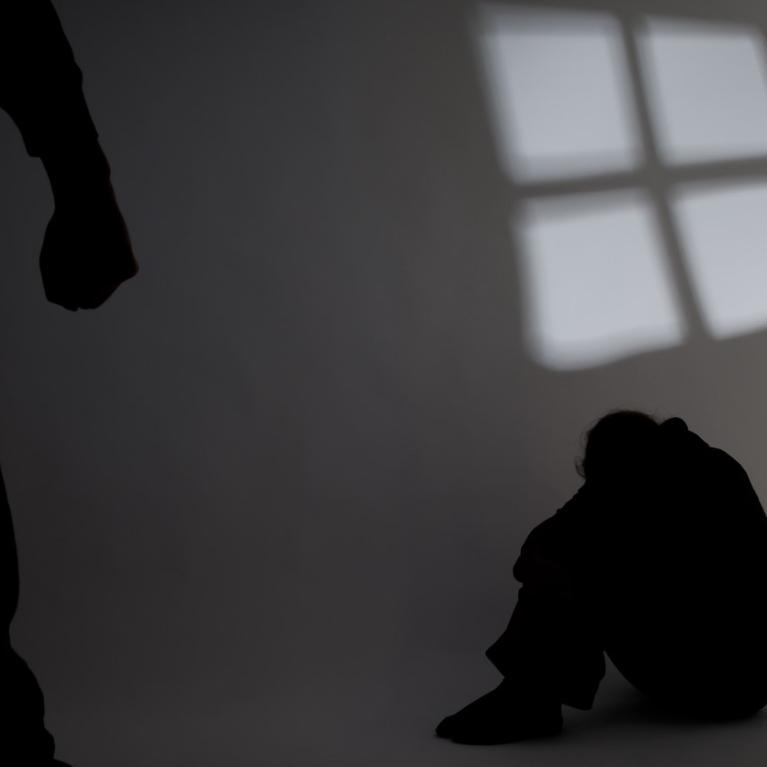
Could have foreseen many intimate partner homicides
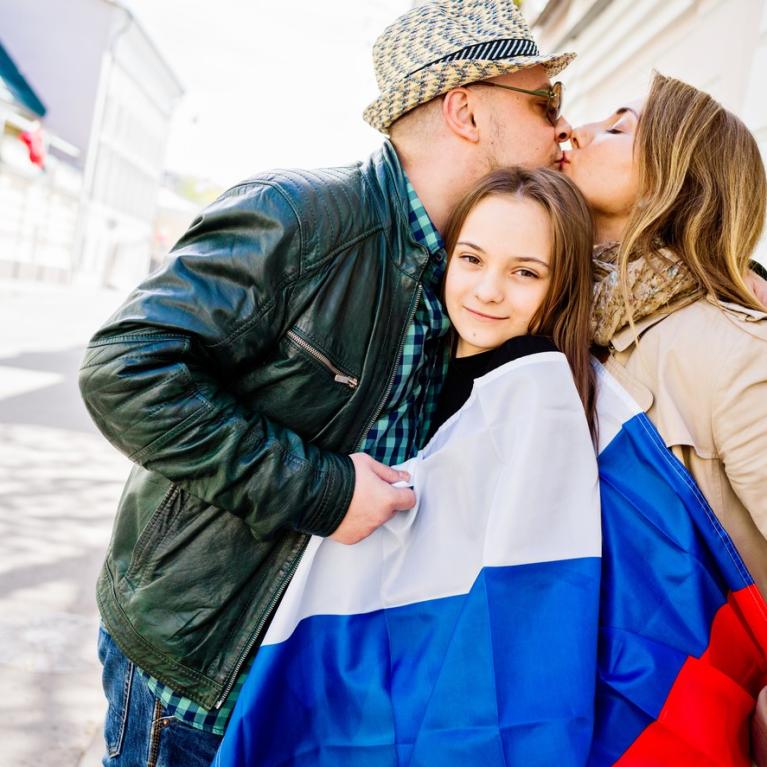
The nuclear family has become a political tug-of-war in Russia and Poland
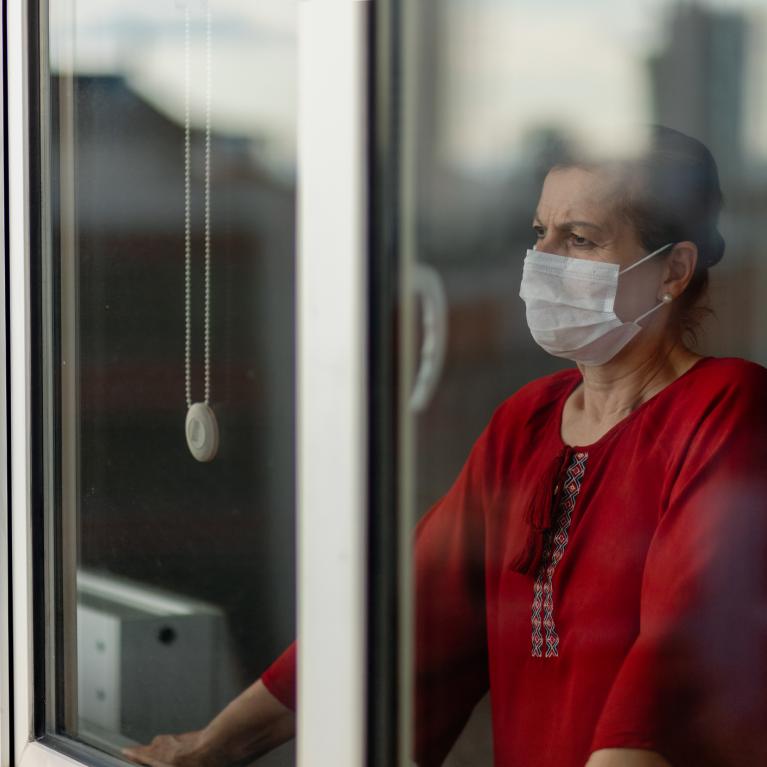
Covid pandemic may have caused more violence toward women

Research gaps in sexual violence against girls and women in sub-Saharan Africa
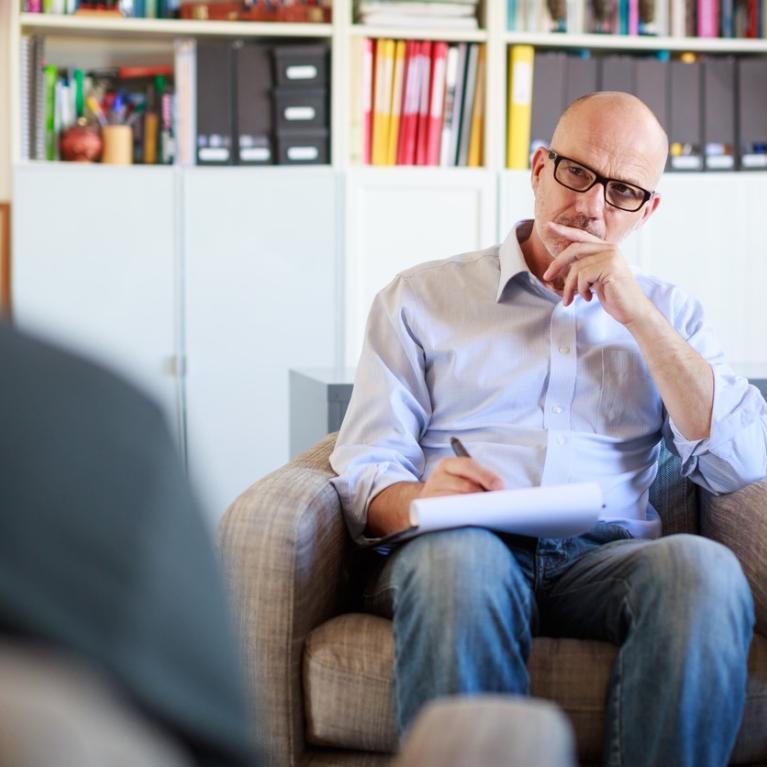
Therapy can help men stop domestic violence
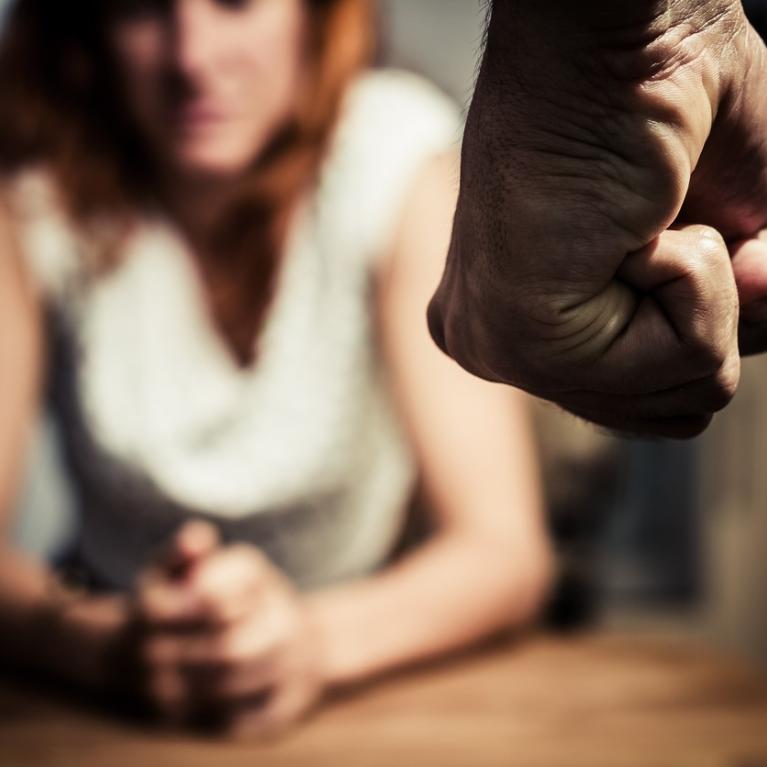
Domestic violence is a gendered problem
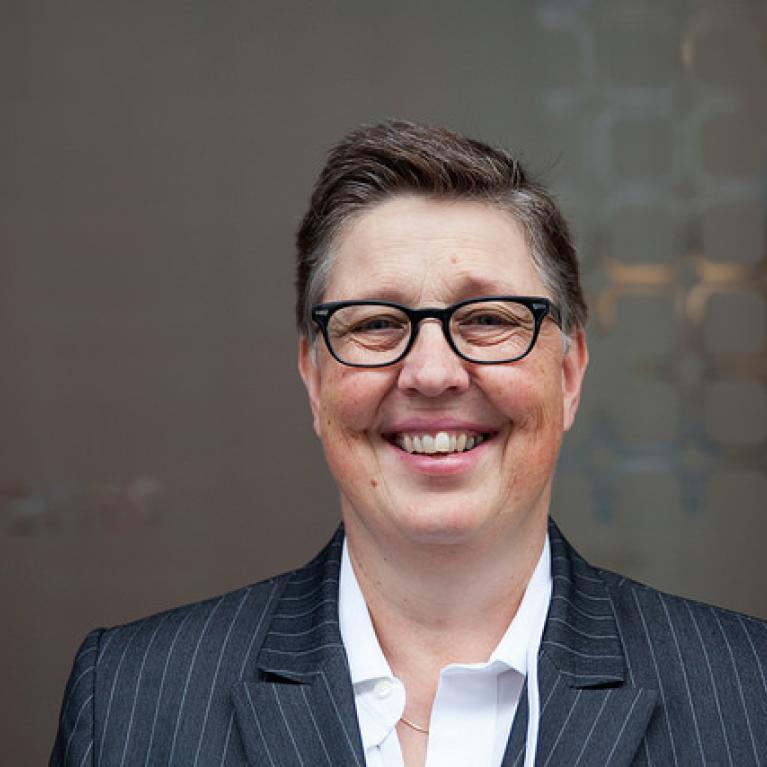
Norwegian equality measures criticised by experts
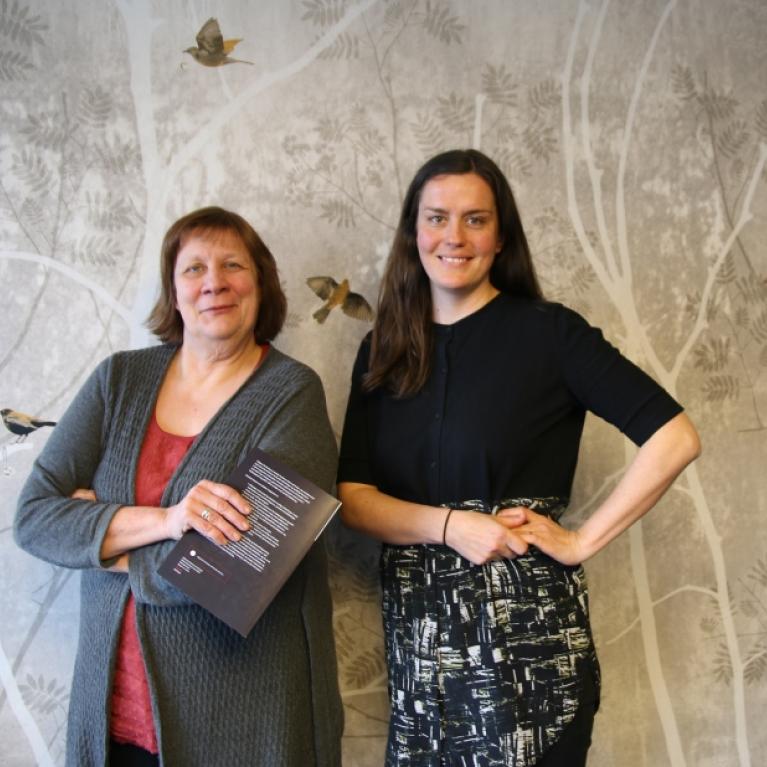
Sami victims of violence do not seek help
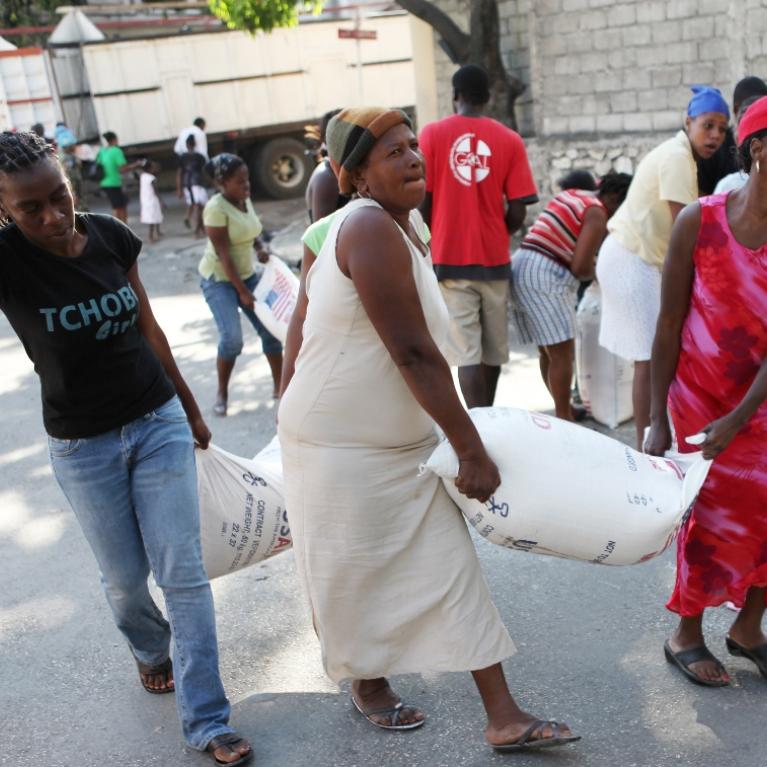
A warning against desirable facts about women in peace and conflict
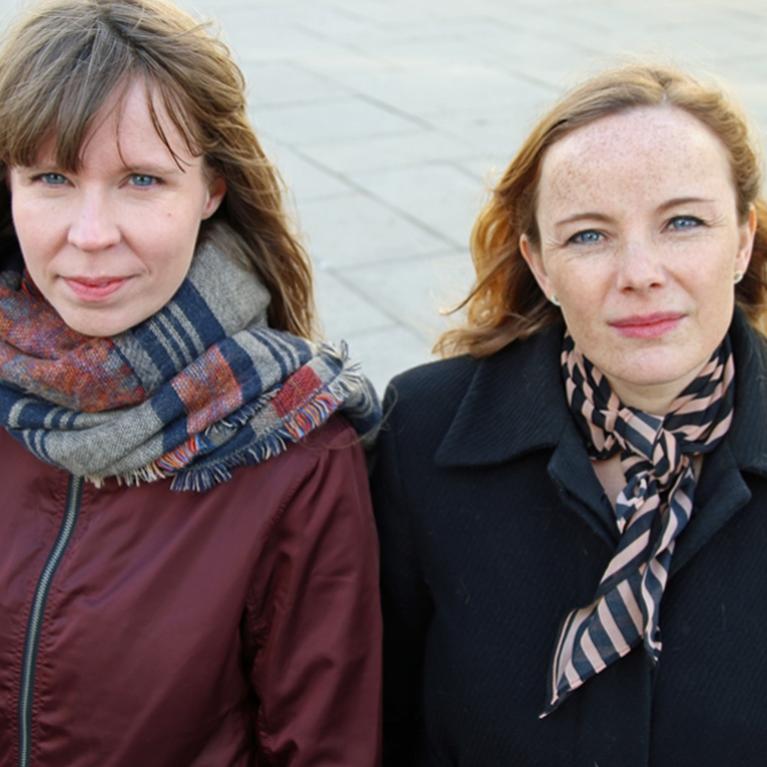
Norwegian courts discriminate: Ethnicity and location matter in sentencing of rape cases
Publikasjoner
News Magazine
Our news magazine is an independent online newspaper and a member of the Norwegian Specialised Press Association Fagpressen.